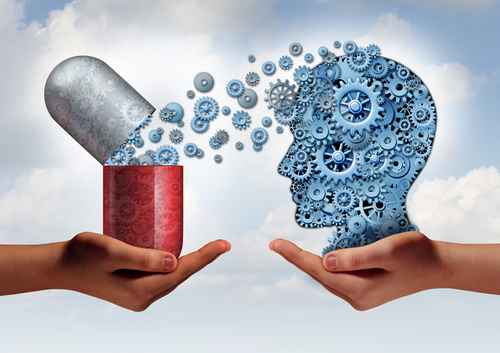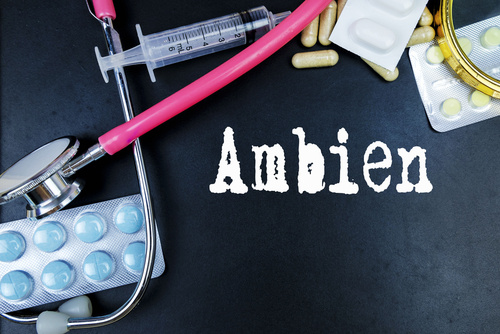What Are The 3 Areas of The Brain Affected By Addiction?
Addiction, also known as substance use disorder (SUD), is listed in the Diagnostic and Statistical Manual of Mental Disorders, Fifth Edition (DSM-5), as a chronic, relapsing neurological disorder. The Mayo Clinic explains addiction as a disease “that affects a person’s brain and behavior and leads to an inability to control the use of a legal or illegal drug or medication.” Drugs are explained as chemicals or substances that change the way one’s body works by affecting a person’s mental or physical state. Different drugs can have neurotoxic and destructive effects on brain cells. The brain is known as the most complex organ in the human body. Repeated and prolonged substance use can reshape the brain’s structure and how it functions. When looking at the connection between one’s brain and addiction the most common areas of focus are the brainstem, the cerebral cortex, and the limbic system.
Brainstem
The brainstem is located at the base of one’s skull. It controls many subconscious and basic functions needed to survive (e.g., one’s heart rate, one’s sleep, one’s swallowing, and one’s breathing). It also is the connection between the brain and the rest of one’s body, as it links one’s brain to one’s spinal cord. Addiction can interfere with the brainstems ability to function properly. The presence of drugs and/ or alcohol can cause the brainstem to misrepresent what is going on in one’s body and send inaccurate information to the brain.
Cerebral Cortex
Another area of one’s brain that is affected by addiction is the cerebral cortex, which is the outermost layer of the brain that is most closely associated with our highest mental capabilities. It is the area of the brain where one’s thought processing and consciousness are located. The cerebral cortex is the largest area of the brain and is divided into two sections. One of the sections controls one’s reasoning abilities (e.g., one’s ability problem solve, think, plan, etc.). The other area of the cerebral cortex controls the ability to process outside stimuli via one’s senses (i.e., sight, touch, taste, smell, and hearing). The effects of certain drugs can modify one’s ability to accurately assess a situation. If an individual is addicted to drugs the cerebral cortex is affected because he or she is providing false information from outside stimuli to one’s brain.
Limbic System
The limbic system is the area of one’s brain that holds the reward and pleasure circuit. It also controls one’s ability to process other emotions. All individuals are programed to repeat behaviors that create pleasure in one’s body and/or mind. This is obviously affected when a person abuses substances, as pleasure and emotions play a large part in motivating one’s decision to repeat behaviors. The main natural chemical that is used to pass information through the limbic system is known as dopamine. Drugs, when introduced to the limbic system, essentially trick the brain by mimicking dopamine, or they can cause the brain to create an excess and overproduction of dopamine. Hence, when an individual experiences the surge of dopamine, it overwhelms the limbic system and causes the individual to experience extreme pleasure. This, in turn, will cause the individual to continue to seek a similar feeling of intense pleasure which reinforces substance abusing behaviors.
For Information and Support Substance abuse and addiction can be incredibly dangerous and can result in severe short and long-term consequences. If you or someone you know is suffering from substance abuse or addiction, please get help as soon as possible. The earlier you seek support, the sooner you and your loved ones can return to leading happy, healthy, and fulfilling lives. There is no reason to go through this alone, and we are here to help. Please feel free to reach out to us for further information or with any questions regarding substance abuse or addiction. We are available anytime via telephone at: 213-389-9964, or you can always email us at: info@friendlyhousela.org.



